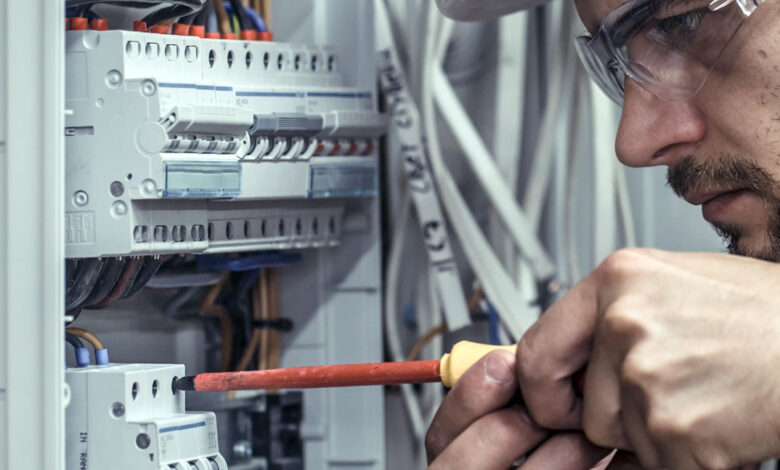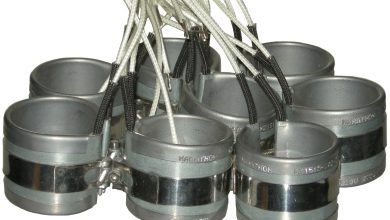The Future of Electrical Work: Will Smart Tools Replace Electricians?

Technology is rapidly transforming every industry, and the electrical sector is no exception. With the rise of smart tools, automation, and artificial intelligence, many wonder whether traditional electricians will soon be replaced by advanced technology. Companies like GONEO, known for their cutting-edge smart electrical solutions, are developing tools that can diagnose, repair, and even predict electrical issues with minimal human intervention. However, does this mean electricians will become obsolete? Or will their role evolve alongside technological advancements?
The Rise of Smart Electrical Tools
Smart tools have significantly improved efficiency in electrical work. Innovations such as AI-driven diagnostic tools, automated wiring systems, and IoT-enabled circuit testers have made electrical tasks faster and safer. GONEO, for instance, has introduced advanced voltage testers and circuit analyzers that not only detect electrical faults but also suggest optimal repair solutions using machine learning algorithms. These tools reduce human error and enhance precision, making electrical work more reliable.
Additionally, automated systems can now handle tasks like fault detection, power distribution management, and even minor repairs. Robotics and AI-powered assistants are being used in industrial settings to manage large-scale electrical installations with minimal manual effort. The integration of augmented reality (AR) is also aiding electricians by providing real-time guidance and hands-free operation, improving accuracy and efficiency.
Will Electricians Become Obsolete?
Despite the impressive advancements in smart electrical tools, replacing electricians entirely is unlikely. Electrical work involves complex decision-making, adaptability, and human judgment, which current AI-driven tools still struggle to replicate. While a smart tool like GONEO’s AI-powered circuit tester can identify a wiring issue, it still requires a skilled electrician to assess the situation, follow safety protocols, and implement appropriate solutions.
Moreover, electrical work often involves unexpected challenges, such as navigating older wiring systems, dealing with environmental factors, or working in hazardous conditions. Electricians possess the expertise to handle such scenarios with problem-solving skills that machines cannot fully replicate. Customer interactions, personalized service, and on-the-spot troubleshooting remain essential aspects of an electrician’s job that automation cannot easily replace.
How Smart Tools Are Changing the Role of Electricians
Instead of replacing electricians, smart tools are transforming the profession by making it more efficient and safer. Electricians who adapt to new technology can work faster, diagnose issues more accurately, and reduce risks associated with electrical work. Smart tools also enable remote diagnostics, allowing electricians to analyze problems from a distance before physically intervening.
For example, GONEO’s smart diagnostic systems allow electricians to receive real-time data on electrical performance through mobile applications. This capability reduces the need for frequent physical inspections, saving both time and labor. Additionally, electricians who embrace AI and automation can expand their expertise into fields like smart home installations, energy-efficient system designs, and industrial automation maintenance.
The Future: Collaboration Between Humans and Technology
Rather than replacing electricians, smart tools are becoming essential partners in the electrical industry. The future will likely see a hybrid approach, where electricians leverage AI and automation to improve efficiency while still applying their skills, experience, and human intuition. Companies like GONEO are leading this evolution, not by eliminating the need for electricians, but by empowering them with smarter, more efficient tools.
As technology continues to advance, electricians who embrace smart tools and adapt to new trends will remain indispensable. The future of electrical work is not about machines taking over—it’s about skilled professionals using cutting-edge innovations to deliver better, safer, and more efficient electrical services.




